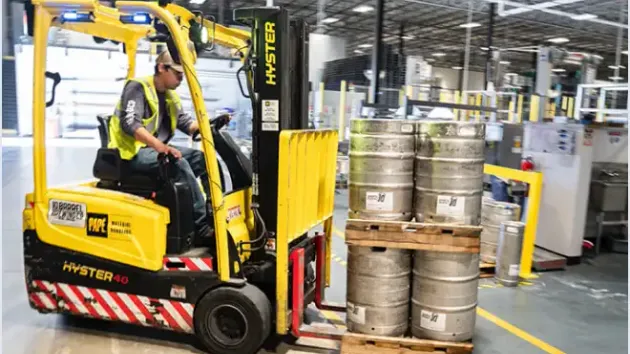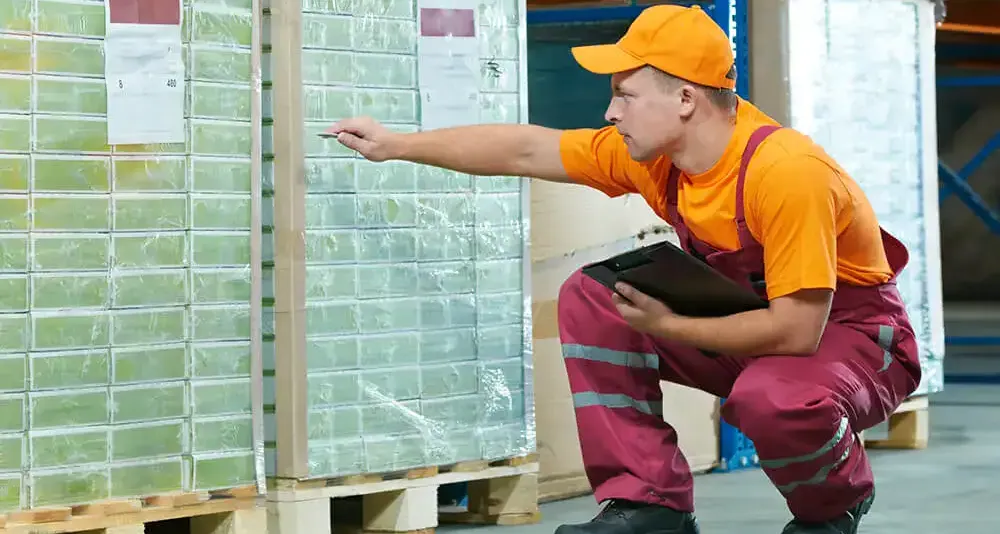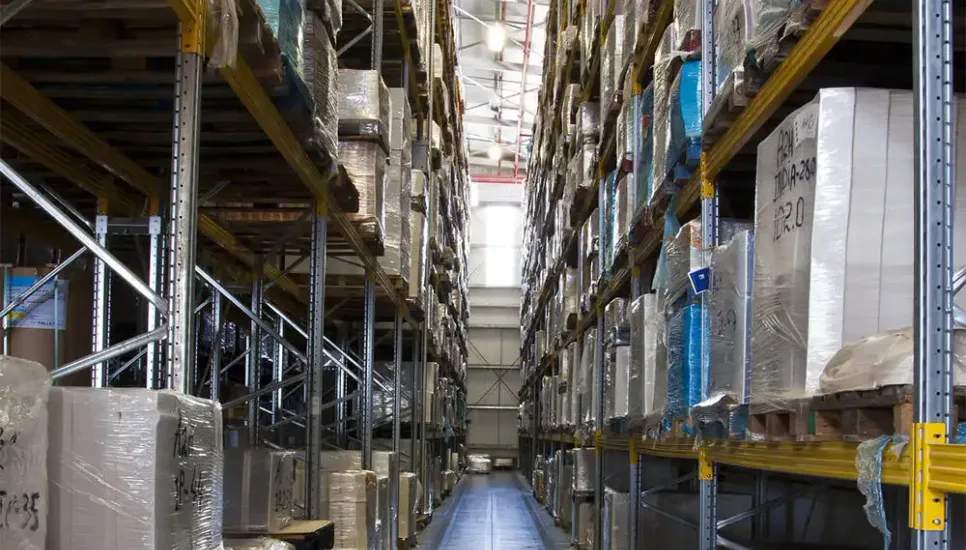Introduction
Wholesale trade ensures that manufactured goods are distributed to retailers and exporters, who can then make these products available for the wider public. Although the sector has become increasingly technologized over the previous decade, wholesale trade remains a labor-intensive industry that can put hundreds of thousands of employees at risk.Potential Hazards
The most common risks faced by employees of the wholesale distribution industry are:
Accidental Slips and Falls.
Workers in wholesale trade are often required to perform tasks at a very fast pace, which increases the risk of accidents. In addition, employees who work in warehouses or are tasked with the loading and unloading of products might slip due to walking over a slippery floor where liquids or other substances were dropped. Even in a spotless warehouse, workers must still use ladders, forklifts, or boom-supported platforms to reach certain products. In these cases, any momentary lapse of attention can lead to a gravely injurious fall, especially if personal protective equipment is not used correctly.Being Struck by Objects.
Wholesale trade is a sector where large volumes of goods are lifted, moved, and transported on a daily basis. Predominantly due to human error, heavy objects or pallets can slip, fall, and either strike or land on multiple workers. This can lead to significant injuries and, depending on the goods that are being distributed, can even prove fatal. To prevent such grave accidents from taking place, all employees must learn how to properly secure different types of products, both in storage and during transport. Furthermore, those who are required to operate forklifts, cranes, or other vehicles must be rigorously trained to do so.Ergonomic Hazards.
Repeatedly lifting and moving heavy objects can take a toll on workers’ bodies, especially if the proper techniques are not used in the process. Employees who constantly experience this type of strain are exposed to lower back injuries, as well as damage of the muscles and ligaments. What’s worse, if heavy objects are picked up incorrectly, the risk exists that workers might drop them and hurt themselves. Depending on the goods that are being manipulated, these accidents can generate repercussions for both the workers who are carrying the objects and all nearby colleagues.Fires.
For decades, the trend in wholesale distribution has been to maximize the use of storage space by stacking products higher and closer together. Especially since both products and packages contain increasingly high amounts of flammable plastic, this has generated a considerable risk of fire in any warehouse, let alone in warehouses that store combustible materials. Although sprinkler systems have also improved throughout the years, employees must remain vigilant and learn how to respond immediately in case of an outbreak.
Incident Prevention
In spite of a recent influx of technology, wholesale trade remains one of the most dangerous sectors in Canada. As such, a number of factors – from the planning of storage spaces to the work culture promoted within a company, the rigorous training of all employees and the right personal protective equipment – must be considered by wholesale distributors who wish to successfully prevent injurious incidents and property loss.
For example, a warehouse that uses very dense forms of storage must be equipped with the latest technology in terms of sprinklers so as to minimize the damage caused by a fire outbreak. At the same time, employees must be trained to recognize the risk of fires and immediately respond in case of an outbreak. In some cases, fires can be put out by workers, while in others, workers must evacuate the building right away. Being able to assess the situation correctly can save both human lives and property.
The same is true in all other aspects of warehouse management. Employees must be taught to detect the risk of falling, as well as that of lifting heavy objects incorrectly before they can address these hazards. Finally, workers who are frequently required to operate specialized vehicles must be trained to do so in order to avoid overloading, falling materials, and other incidents.
Recommended Safety Courses



What You Can Do to Stay Safe
If you work in wholesale trade, the first step you should take to ensure your safety is to undergo the necessary safety courses. These modules are designed to prepare you for the hazards most commonly associated with your line of work by imparting knowledge that can one day save your life. In Canada, your employer is under legal obligation to provide access to sufficient safety training for both you and your colleagues.
To consult a more comprehensive list of safety courses best suited for your job, please navigate to our Logistics (Shipping and Warehousing) industry page.



